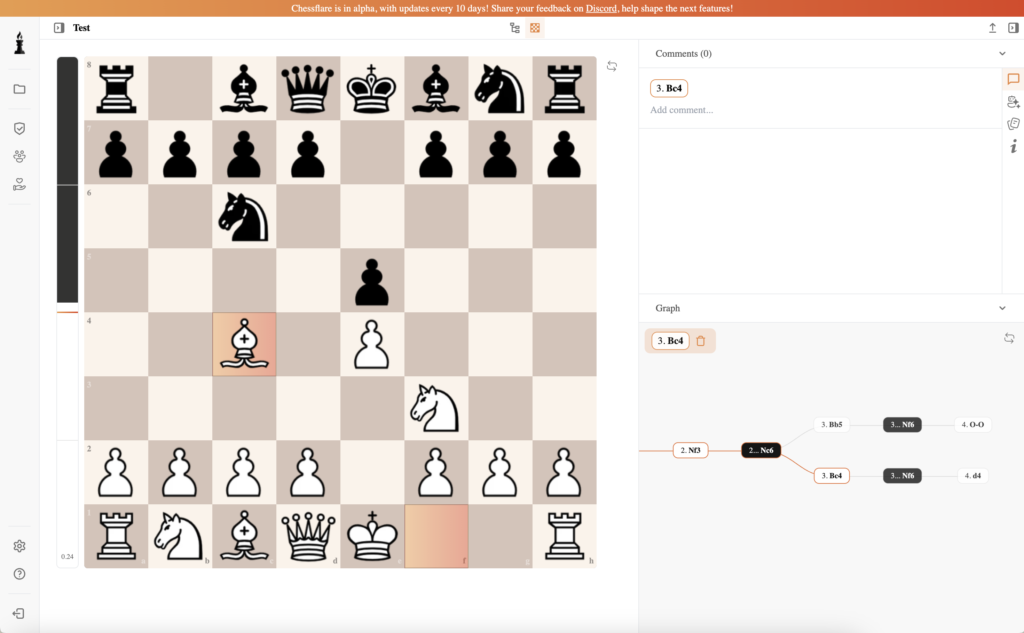A German Master Known for Strategic Finesse
Richard Teichmann was born in 1868 in Altona, a region then part of the German Confederation. Despite losing sight in one eye at a young age, he excelled in chess, displaying exceptional positional judgment and a remarkable ability to navigate complex endgames. Often overshadowed by the more flamboyant styles of contemporaries like Emanuel Lasker and José Raúl Capablanca, Teichmann quietly built a reputation as a formidable competitor and a respected theoretician.
Early Development and Tournament Success
Teichmann’s dedication to the game became apparent when he began competing in European events in the late 19th century. His steady results and insightful play caught the attention of prominent organizers, earning him invitations to elite tournaments. His calm demeanor at the board contrasted with his ability to seize the initiative when the position demanded it. Indeed, colleagues often referred to him as a “strong improviser,” lauding his readiness to transition from patient maneuvering to unexpected tactical strikes.
Key Contributions to Theory
Known for clear-headed evaluation of positions, Teichmann emphasized the importance of harmonious piece placement and precise analysis. He contributed important ideas in several openings, though he is perhaps best remembered for his expertise in managing endgame transitions. His annotated games often shed light on how small advantages in pawn structure or coordination could be cultivated into winning chances. By demonstrating these principles, he enriched the growing body of chess literature and influenced students looking to strengthen their strategic fundamentals.
Legacy and Influence
Despite not claiming a world championship title, Teichmann’s consistent performances against leading figures of his day underscored his elite status. He bested or drew against many renowned grandmasters, providing instruction to enthusiasts who studied his endgame prowess. His life was marked by physical challenges and the constant evolution of competitive chess, yet Teichmann remained committed to refining his techniques and imparting his knowledge. Over time, his steady contributions proved critical to advancing the community’s collective understanding of strategic play.
Richard Teichmann was a German chess master born in 1868, known for his strategic style and exceptional endgame skills. Despite impaired vision, he achieved remarkable results and left an enduring impact on early 20th-century chess theory.
He combined patient positional maneuvering with sudden tactical opportunities. His calm and methodical approach allowed him to capitalize on even minor inaccuracies made by his opponents.
Teichmann’s work highlighted the importance of precise piece coordination and carefully timed transitions to the endgame. His annotated games offered insights into using pawn structures and strategic elements to build advantages.
Though he never held a world championship title, Teichmann consistently performed against top players of his era. His approach to careful analysis and solid fundamentals remains valuable for modern players seeking to improve their strategic understanding.

